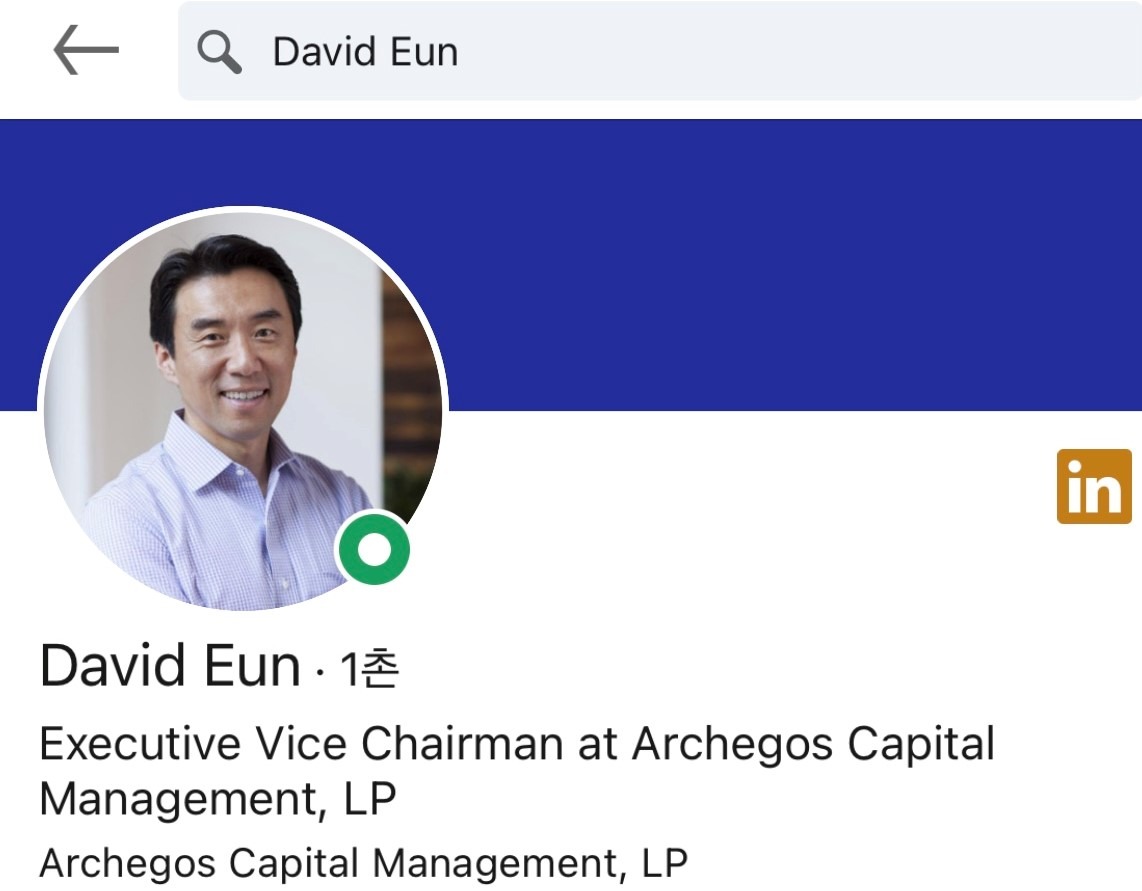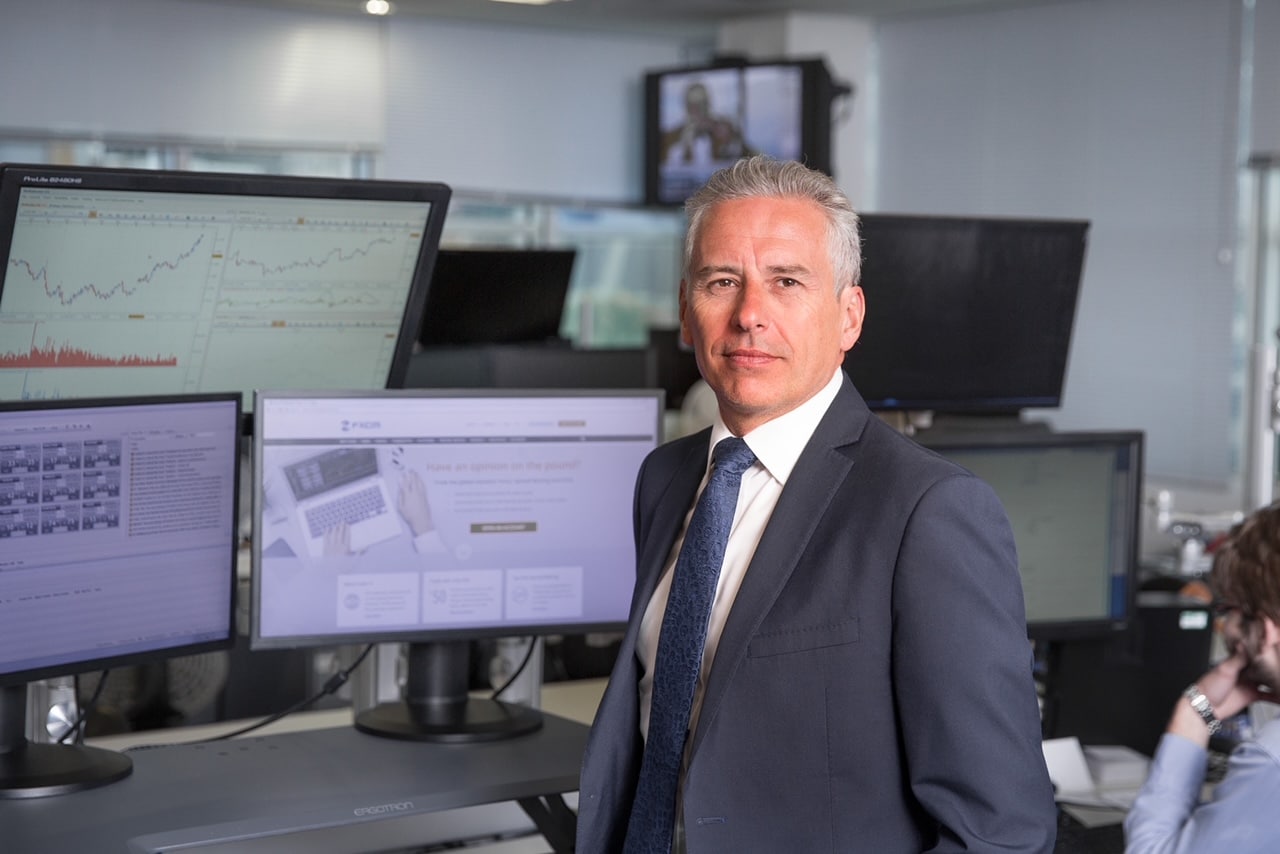

But the same leverage that powered Archegos’s success also proved to be its undoing.Īs a result, ViacomCBS’s offering finished well short of its target. Hwang had to do was find a bank that believed Archegos was creditworthy enough - and he found plenty. When the stock price dropped, Archegos would pay the bank the amount by which the stock fell. In exchange, the bank bought ViacomCBS stock and then paid Archegos any income and capital gains the stock generated. Here’s how it worked: Archegos paid a bank like UBS a preset fee. To do so, he used what’s known as a total return swap, a type of derivative that provides all the economic benefits of owning a stock without requiring Archegos to spend the money to actually buy it. Rather than cashing out, he kept borrowing from the world’s biggest banks, driven to make even bigger bets. Hwang’s investments starting soaring, he wanted more. Archegos may have gotten as high as 20-to-one. Hwang face no hard upper limit: Many private funds are able to borrow five or 10 times the value of their portfolio.

Regulators limit nonprofessional investors to two-to-one leverage - brokers will let them purchase $200 in stock for every $100 in assets. Just as you can borrow money against the value of your home, you can borrow money against a portfolio of stocks. It used borrowed money and underregulated derivatives to make bigger, riskier bets. But Archegos wasn’t just buying and holding. It seemed to have good reason: Discovery and ViacomCBS were investing in streaming services, a booming sector. In 2021 Archegos bet that the price of approximately nine hot stocks, including ViacomCBS, Discovery and Baidu, would keep climbing. But family funds don’t need to file a 13F, so their portfolio positions remain hidden. Hedge funds must publicly report certain stock and option positions every quarter, filing a Form 13F with the Securities and Exchange Commission. In part, this is because when Congress passed the 2010 Dodd-Frank Act, which brought new measures of oversight to private money managers, they exempted family funds like Mr. Hwang money, including Credit Suisse and Morgan Stanley, lost over $10 billion, while the stocks he gambled on shed $33 billion in value.įrom regulators to the financial press, everyone seemed mystified by the implosion of Archegos. Hwang built those riches on a mountain of debt - and when his bets went bad, it wasn’t just Archegos that paid the price: The banks that lent Mr. Hwang then turned that $200 million into some $20 billion, betting big on a portfolio of high-flying media and tech stocks.īut Mr. But he started over in 2013, using $200 million from his shuttered hedge fund to create Archegos Capital Management - a so-called family fund. Hwang, a former hedge fund manager, pleaded guilty to wire fraud and settled insider trading charges. Before he almost lost everything overnight, Bill Hwang was having a comeback.


 0 kommentar(er)
0 kommentar(er)
